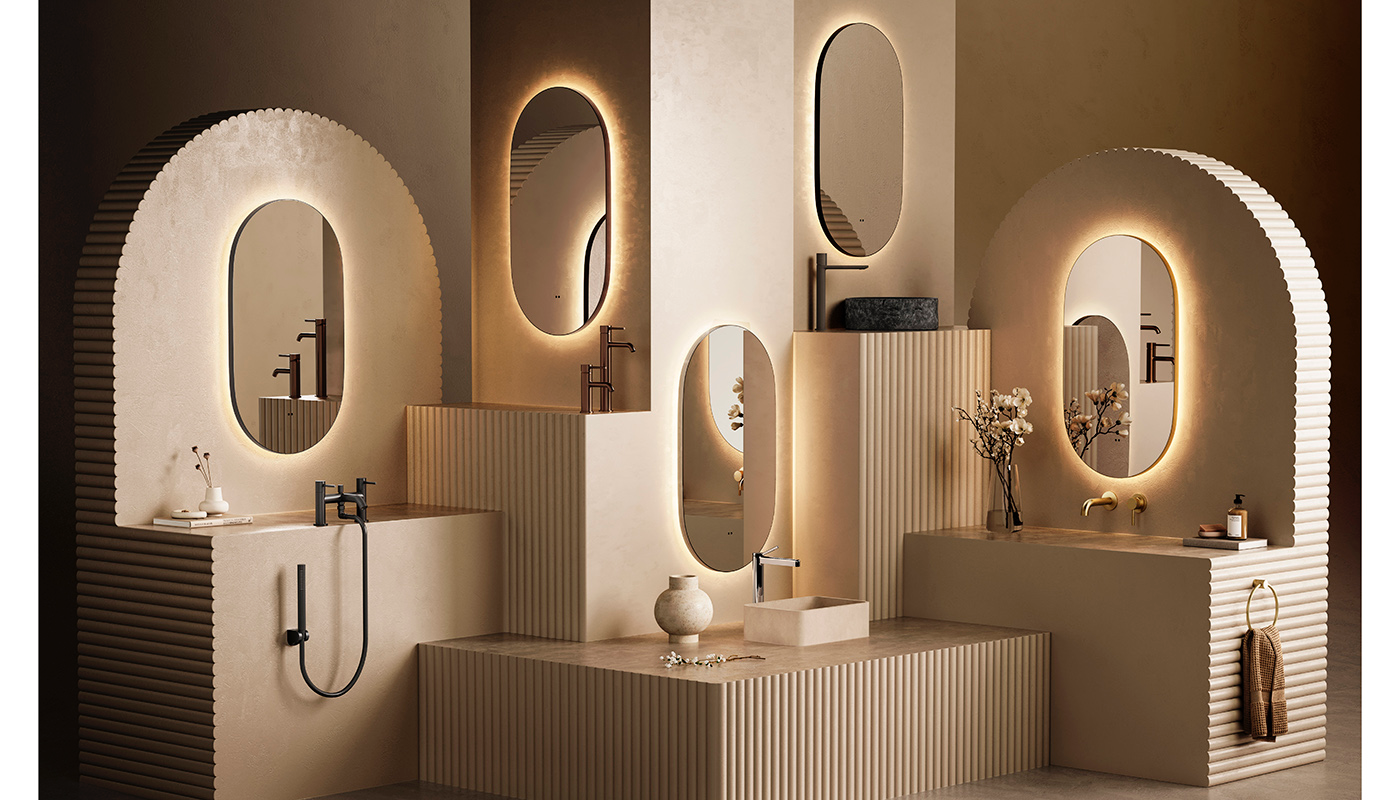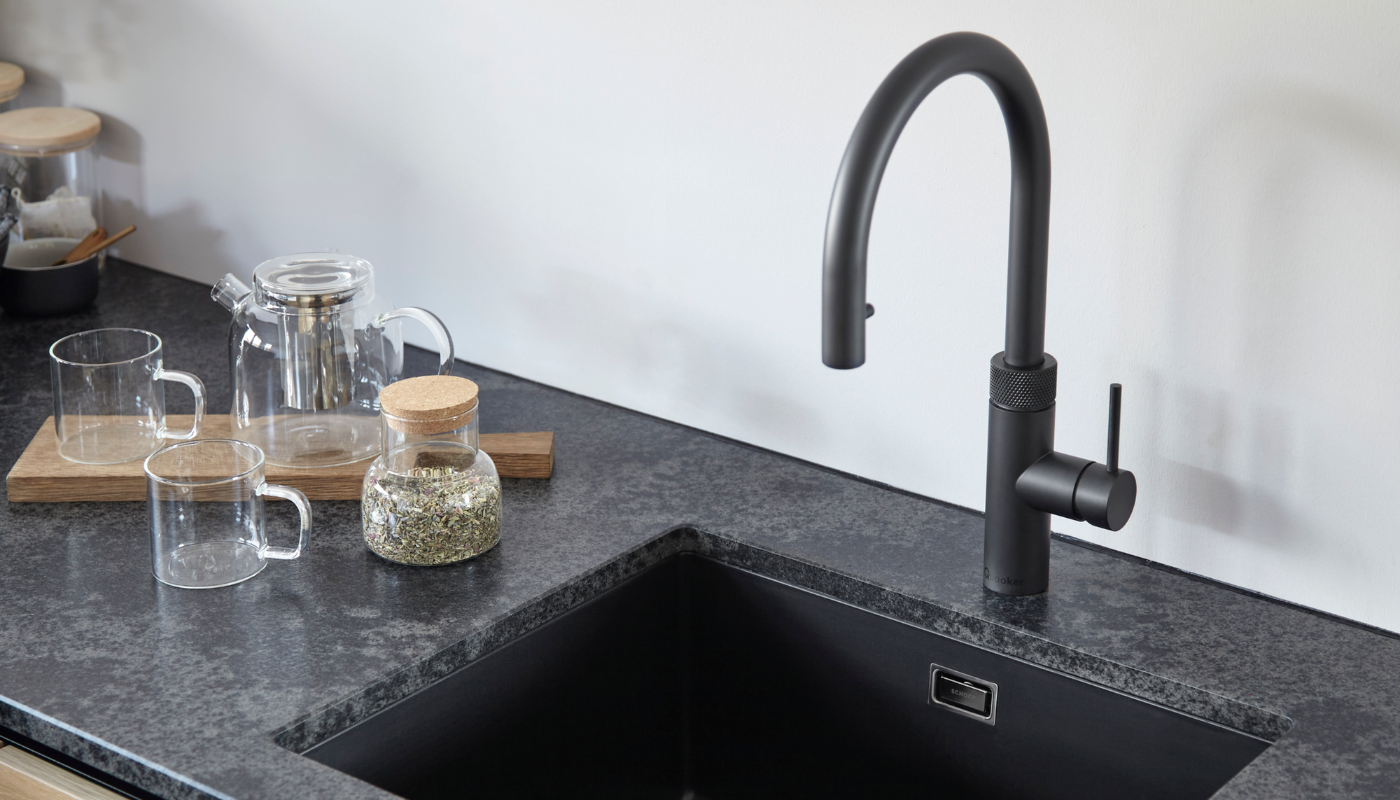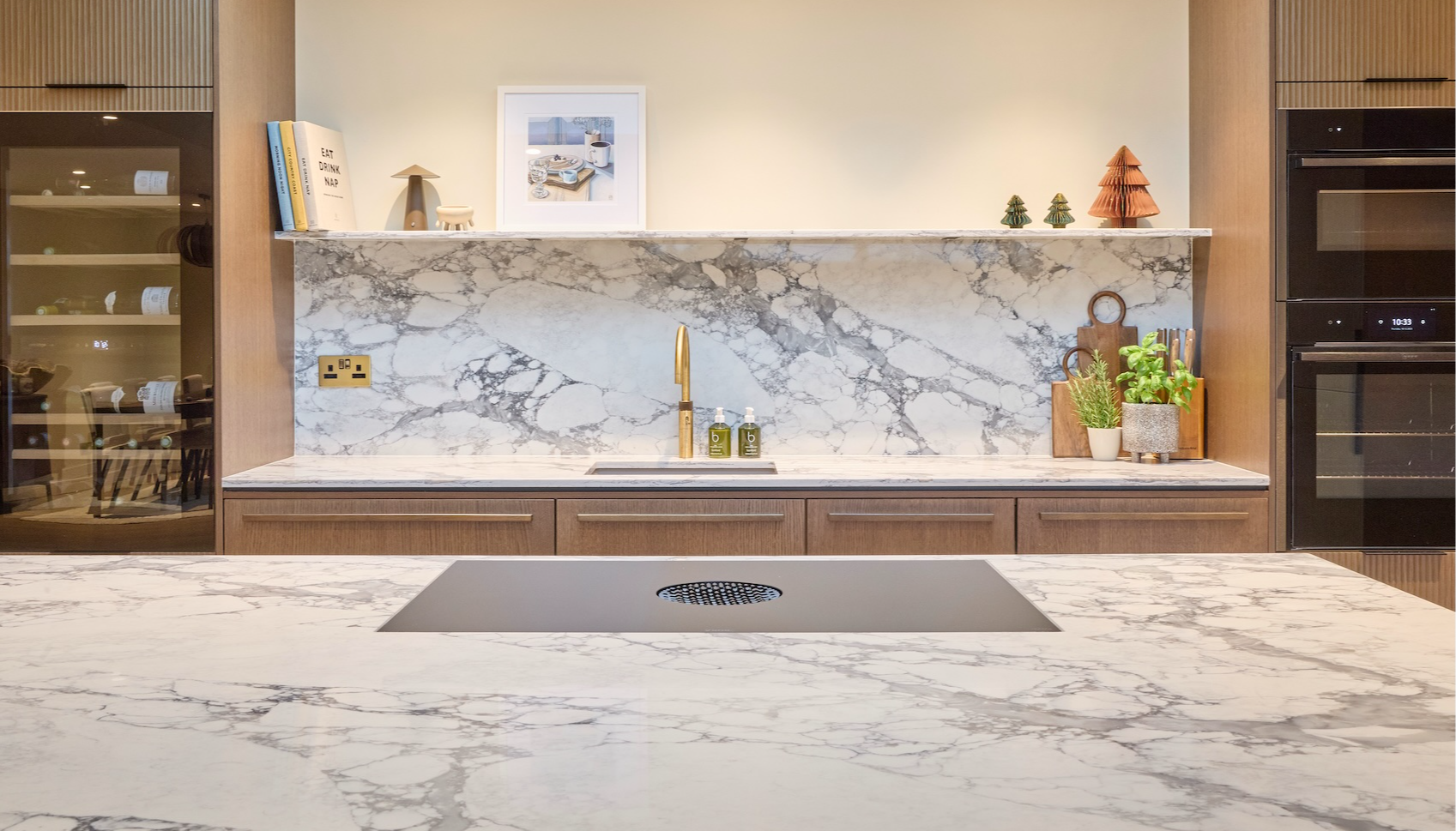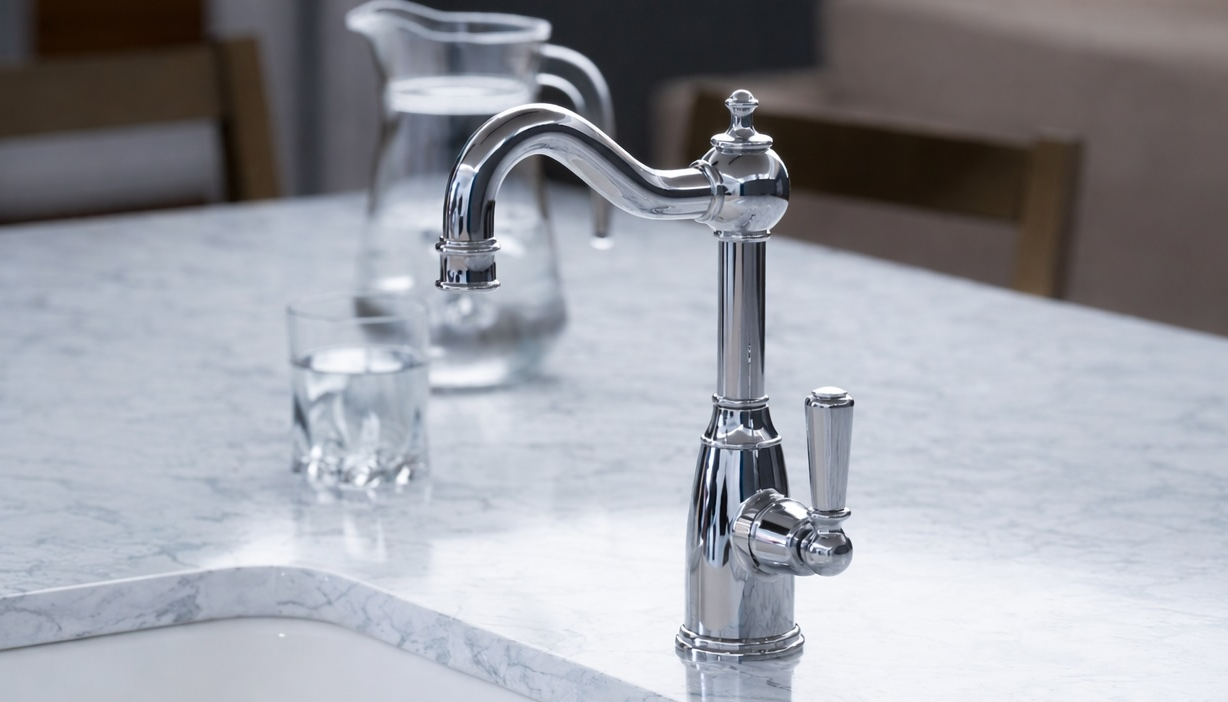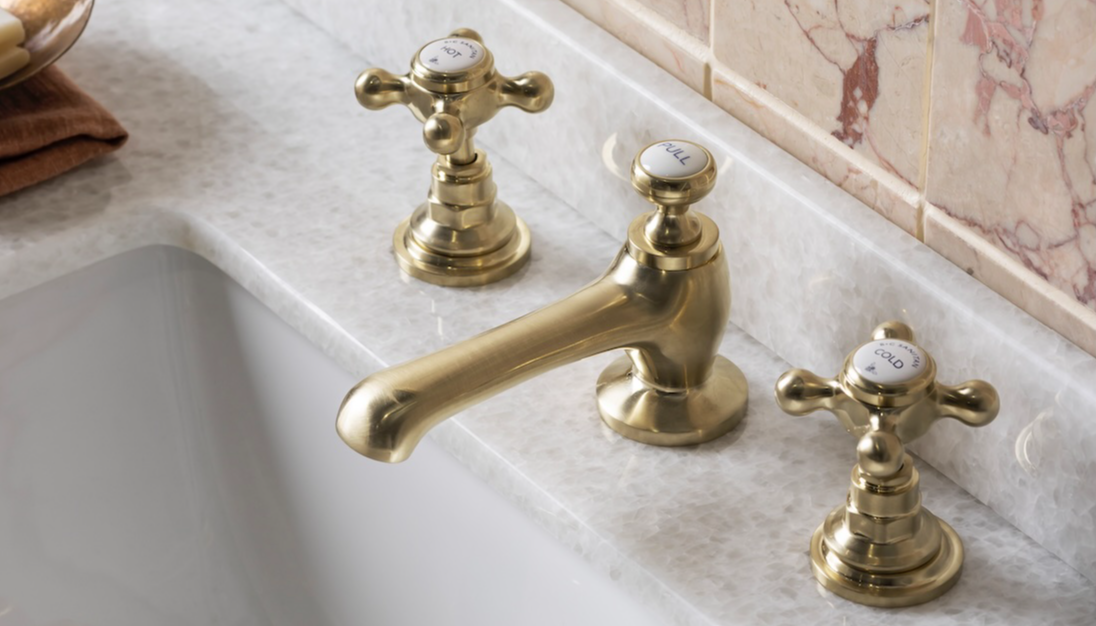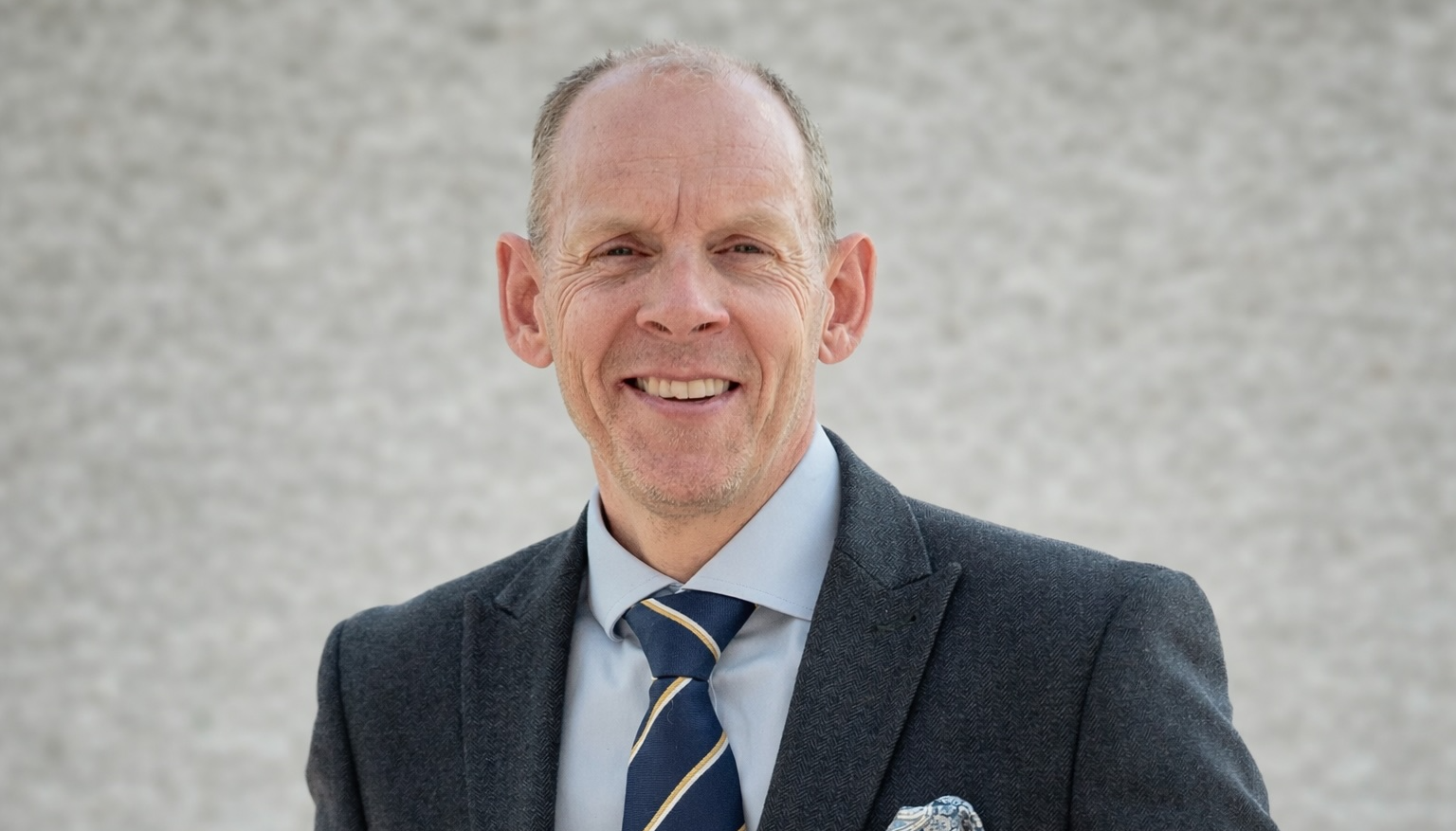Bathroom industry responds with anger at surprise product bans

Bathroom industry responds with anger at surprise product bans
Press coverage of Government plans to ban 'power showers' and restrict dual-flush toilets have stirred anger among bathroom manufacturers. Industry leaders warn that the reported policy moves are rash and could undermine ministers' own water-saving targets. Earlier this week, environment secretary Therese Coffey and water minister Rebecca Pow held a press conference highlighting Defra’s Water Plan.
Much of the plan’s content is welcomed by the bathroom trade body, the Bathroom Manufacturers Association (BMA). However, the organisation has warned that surprise product bans could backfire.
Tom Reynolds, chief executive of the BMA, said: “It is incredibly poor form that no minister or official thought to discuss with manufacturers the bans on some of our products before unveiling those plans in the media. The BMA has supported Government aspirations for water efficiency and has participated in recent Defra consultations in good faith. Plans for potential product bans have not been discussed up to now. The press coverage contains quite a bit of detail about potential bans on specific products, yet no views were sought from the manufacturers who will be most affected. It is a major snub after our previous hard work and collaboration.”
The BMA points out that well-maintained dual-flush toilet valves are a water-saver, and the industry has brought forward new products which engineer out leakage risks. Similarly, manufacturers have innovated new product ranges for showering, which deliver a great user experience with less water.
“To even consider banning products is an entirely inappropriate step and clearly ill thought through," said Reynolds. “It will completely undermine the R&D effort of manufacturers who are actually making more water efficient homes possible right now. Rash bans on products will set back innovation."
‘Power showers’, or high-flow showers, are often used to mitigate poor water pressure. Reynolds said: “The UK has some of the lowest water pressures in Europe, so a plan for better pressure and cutting supply pipe leakage should come before telling consumers what showers they are allowed.”
Tags: bathrooms, news, bathroom manufacturers association, bma, tom reynolds, water efficiency






